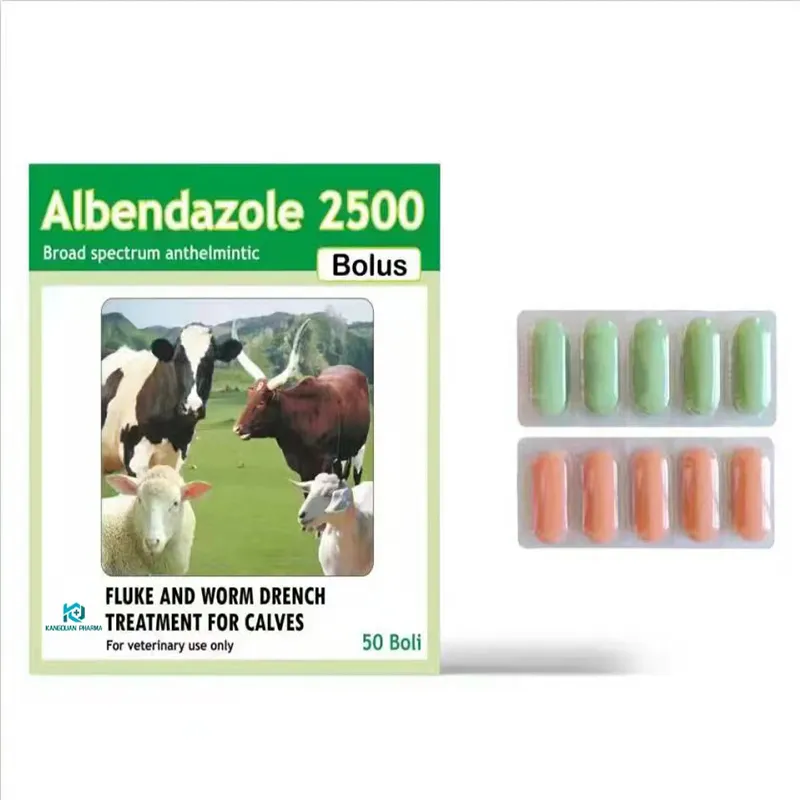- Afrikaans
- Albanian
- Amharic
- Arabic
- Armenian
- Azerbaijani
- Basque
- Belarusian
- Bengali
- Bosnian
- Bulgarian
- Catalan
- Cebuano
- Corsican
- Croatian
- Czech
- Danish
- Dutch
- English
- Esperanto
- Estonian
- Finnish
- French
- Frisian
- Galician
- Georgian
- German
- Greek
- Gujarati
- Haitian Creole
- hausa
- hawaiian
- Hebrew
- Hindi
- Miao
- Hungarian
- Icelandic
- igbo
- Indonesian
- irish
- Italian
- Japanese
- Javanese
- Kannada
- kazakh
- Khmer
- Rwandese
- Korean
- Kurdish
- Kyrgyz
- Lao
- Latin
- Latvian
- Lithuanian
- Luxembourgish
- Macedonian
- Malgashi
- Malay
- Malayalam
- Maltese
- Maori
- Marathi
- Mongolian
- Myanmar
- Nepali
- Norwegian
- Norwegian
- Occitan
- Pashto
- Persian
- Polish
- Portuguese
- Punjabi
- Romanian
- Russian
- Samoan
- Scottish Gaelic
- Serbian
- Sesotho
- Shona
- Sindhi
- Sinhala
- Slovak
- Slovenian
- Somali
- Spanish
- Sundanese
- Swahili
- Swedish
- Tagalog
- Tajik
- Tamil
- Tatar
- Telugu
- Thai
- Turkish
- Turkmen
- Ukrainian
- Urdu
- Uighur
- Uzbek
- Vietnamese
- Welsh
- Bantu
- Yiddish
- Yoruba
- Zulu
નવેમ્બર . 05, 2024 06:37 Back to list
what kills lice on dogs
What Kills Lice on Dogs?
Lice infestations can be a distressing experience for both dogs and their owners. These tiny parasites can cause significant discomfort and health issues for pets if not addressed properly. Understanding what kills lice on dogs, the signs of infestation, and the methods for prevention can help dog owners manage and protect their furry companions effectively.
Understanding Lice
There are primarily two types of lice that can affect dogs biting lice and sucking lice. Biting lice feed on the dead skin and debris on a dog’s coat, while sucking lice feed on the dog's blood. Both types can lead to itching, irritation, and inflammation of the skin. A lice infestation can also result in secondary infections if the skin becomes damaged from excessive scratching.
Signs of Lice Infestation
One of the first signs of lice infestation is increased scratching or grooming behavior. Dogs may be seen scratching their ears, back, or tail area more frequently, trying to alleviate irritation caused by lice. Other signs include hair loss, redness of the skin, a rash, and sometimes the presence of tiny white eggs (nits) attached to the hair shafts. If you suspect your dog has lice, it’s essential to take action promptly.
What Kills Lice?
1. Over-the-Counter Treatments Several over-the-counter shampoos and topical treatments are specifically designed to kill lice on dogs. These products often contain ingredients like pyrethrins, permethrin, or other insecticides. It is crucial to follow the manufacturer’s instructions carefully and consult with a veterinarian if you have any concerns regarding the product’s suitability for your dog’s age, breed, or health status.
what kills lice on dogs

2. Prescription Medications In more severe infestations, a veterinarian may prescribe stronger medications. These could include oral or topical treatments that contain insecticides or systemic treatments that work from within the animal's body. It is vital to have a vet evaluate the extent of the infestation to determine the best course of action.
3. Home Remedies Some dog owners explore home remedies to kill lice. While not always recommended due to varying levels of effectiveness, some solutions include the use of vinegar and water sprays or essential oils. However, caution must be exercised, as certain essential oils can be toxic to pets and should be avoided unless specifically approved for animal use.
4. Cleaning and Disinfecting Killing lice on dogs is only part of the battle. It is equally important to thoroughly clean your dog's environment. Lice can survive off a host for a short time, so washing your dog’s bedding, toys, and any fabrics they frequently come into contact with is essential. Use hot water and a good detergent to help eliminate any lingering lice or eggs.
5. Regular Grooming Regular grooming can help detect lice infestations early. Use a fine-toothed comb to check your dog's coat for any signs of parasites. This is particularly important for long-haired breeds, as lice and eggs can easily hide in their fur. Consistent grooming also helps maintain healthy skin, which can make it less likely for lice to take hold.
Preventing Lice Infestations
Prevention is key when it comes to managing lice infestations. Regular veterinary check-ups can help catch infections early. Additionally, be cautious when introducing your dog to new environments or other animals, as this can increase the chances of picking up parasites. Keeping your dog’s living area clean, avoiding overcrowded pet environments, and maintaining a healthy diet will also contribute to their overall well-being and resistance to lice.
In conclusion, lice infestations in dogs are a manageable concern through the use of effective treatments and proper care. By recognizing the signs of lice, utilizing appropriate products, maintaining a clean environment, and focusing on preventive measures, dog owners can keep their pets healthy and lice-free. If in doubt, it is always best to consult a veterinarian for personalized advice and treatment options.
-
Guide to Oxytetracycline Injection
NewsMar.27,2025
-
Guide to Colistin Sulphate
NewsMar.27,2025
-
Gentamicin Sulfate: Uses, Price, And Key Information
NewsMar.27,2025
-
Enrofloxacin Injection: Uses, Price, And Supplier Information
NewsMar.27,2025
-
Dexamethasone Sodium Phosphate Injection: Uses, Price, And Key Information
NewsMar.27,2025
-
Albendazole Tablet: Uses, Dosage, Cost, And Key Information
NewsMar.27,2025













